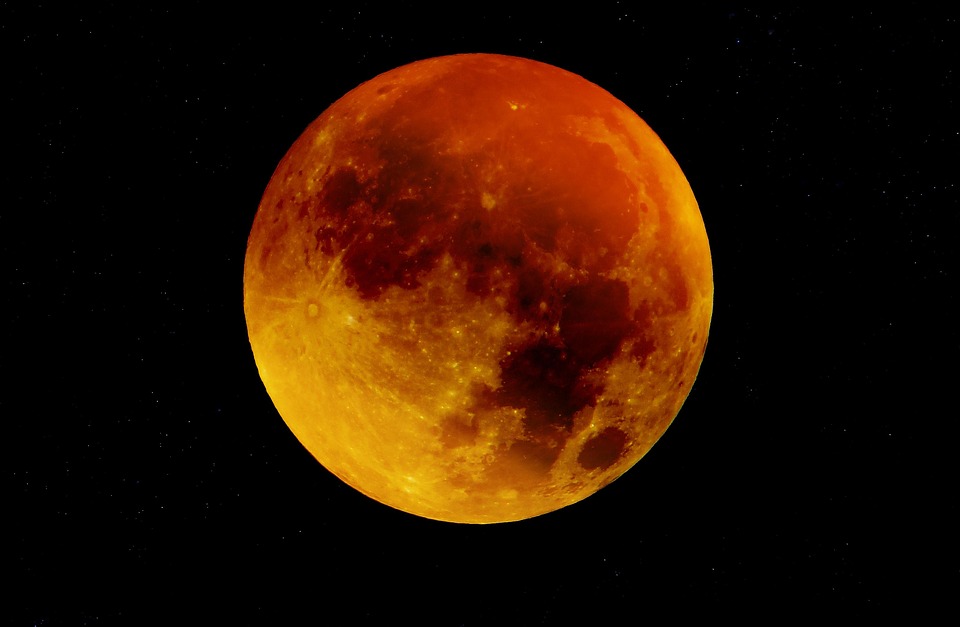The full moon has long been a subject of fascination and intrigue, with many cultures believing that it holds mystical powers that can influence human behavior and physiology. One of the most enduring myths surrounding the full moon is its supposed effect on fertility and libido. But is there any scientific basis to this claim, or is it simply a product of folklore and superstition? In this article, we’ll delve into the world of lunar cycles and human biology to explore the full moon effect and its potential impact on fertility and libido.
The Lunar Cycle and Human Biology
The lunar cycle, which lasts approximately 29.5 days, has been observed to have a profound impact on the natural world. The full moon, which occurs when the moon is on the opposite side of the Earth from the sun, has been linked to a range of phenomena, from the tides to the behavior of certain animals. But what about its effect on human biology? Research has shown that the lunar cycle can influence a range of physiological processes, including hormone production, sleep patterns, and even fertility.
Hormonal Fluctuations and Fertility
One of the key ways in which the lunar cycle is thought to influence fertility is through its impact on hormonal fluctuations. The full moon has been linked to an increase in estrogen levels in women, which can stimulate ovulation and increase the chances of conception. Additionally, the full moon has been shown to increase the production of testosterone in men, which can boost libido and sperm count. While these findings are intriguing, it’s essential to note that the scientific evidence is still limited, and more research is needed to fully understand the relationship between the lunar cycle and hormonal fluctuations.
The Science Behind the Full Moon Effect
So, what’s behind the supposed full moon effect on fertility and libido? One theory is that the full moon’s gravitational pull can influence the body’s internal rhythms, including the menstrual cycle and hormone production. Another theory suggests that the full moon’s bright light can suppress the production of melatonin, a hormone that regulates sleep-wake cycles, leading to increased alertness and energy. While these theories are plausible, they are still speculative, and more research is needed to confirm their validity.
Studies and Findings
Several studies have investigated the relationship between the lunar cycle and fertility, with mixed results. A 2011 study published in the journal Human Reproduction found that the full moon was associated with a significant increase in conception rates, while a 2018 study published in the Journal of Assisted Reproduction and Genetics found no correlation between the lunar cycle and fertility. A 2015 study published in the Journal of Sexual Medicine found that the full moon was associated with increased libido in both men and women, but the sample size was small, and the findings were not conclusive.
Conclusion
In conclusion, while the full moon effect on fertility and libido is a fascinating topic, the scientific evidence is still limited and inconclusive. While some studies suggest a link between the lunar cycle and hormonal fluctuations, others have found no correlation. Ultimately, the relationship between the full moon and human biology is complex and multifaceted, and more research is needed to fully understand its effects. Whether or not the full moon really can increase fertility and libido, one thing is certain – the allure of the lunar cycle will continue to captivate and inspire us, and its mystique will endure for generations to come.
If you’re trying to conceive or simply looking to boost your libido, it’s essential to remember that the full moon is just one of many factors that can influence fertility and sexual desire. A healthy lifestyle, including a balanced diet, regular exercise, and stress management, is essential for overall reproductive health. So, go ahead and enjoy the beauty of the full moon, but don’t rely solely on its supposed powers to boost your fertility and libido – take a holistic approach to your reproductive health, and let the science guide you.


Leave a Reply